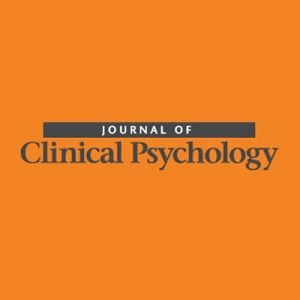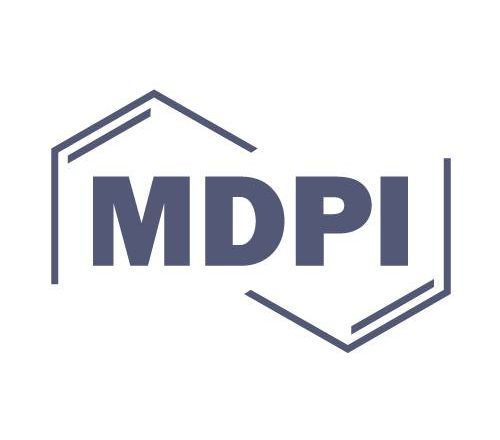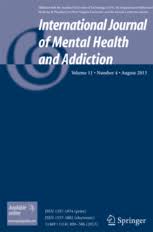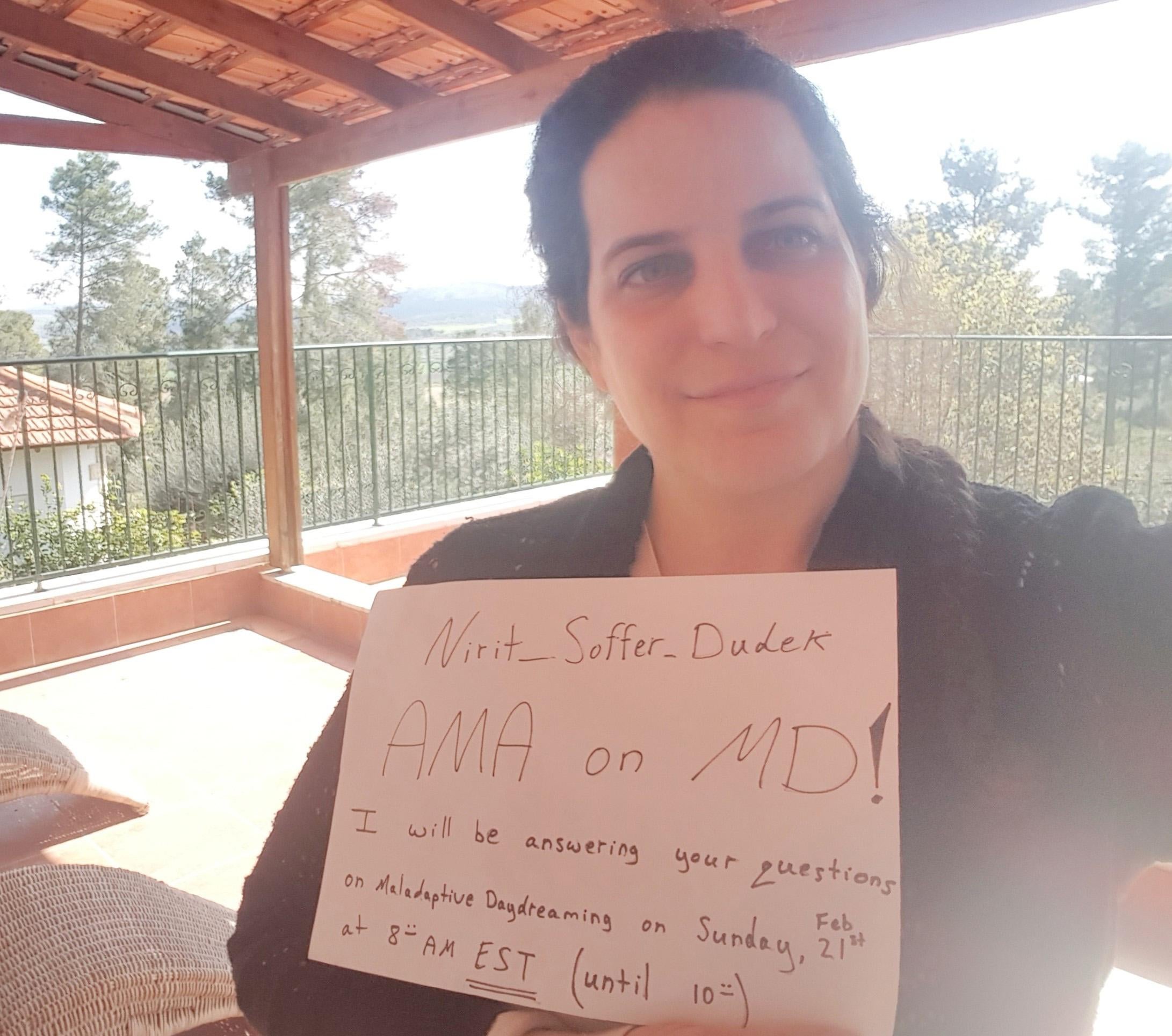Understanding Maladaptive Daydreaming: Reining in a Wild Mind
OptimisticLearner publishes article on MD
Amanda Eagleson, writer for OptimisticLearner.com, recently covered MD in an article for the publication. Optimistic Learner is a site dedicated to bringing you "research-based content... [relaying] psychological, sociological, physiological, and philosophical information in ways that are easy to understand."An excerpt from the article:
As this disorder is relatively uncommon and still being studied it may seem an unnecessary subject of study for those who don’t suffer from it. But understanding maladaptive daydreaming and other lesser-known disorders helps in our collective efforts to produce more cooperative and positive societies. Comprehension is often the key to compassion. Below is an extensive list of sources and resources on this top...








